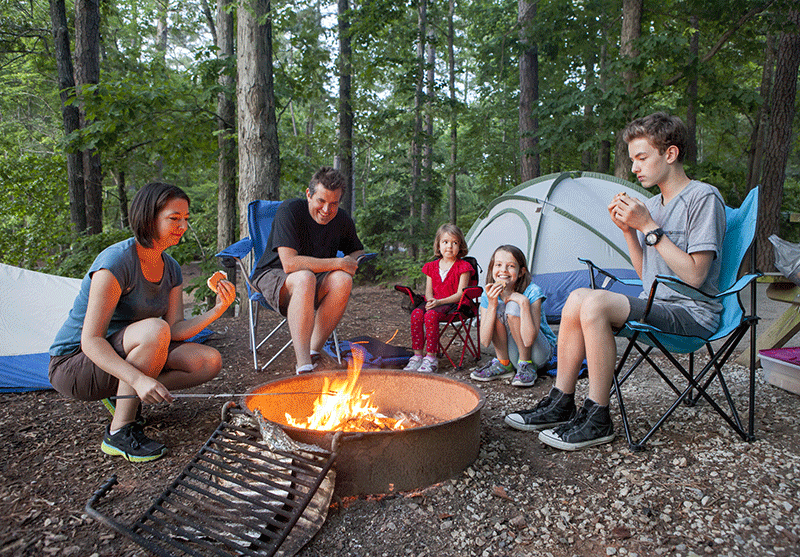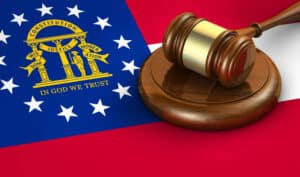
Fall is the perfect season for spending time outdoors with family, especially in the beautiful state of Georgia. Camping, hiking, fishing and hunting are just a few popular outdoor activities that Georgia residents enjoy doing. However, few people actually own land that can be used for such purposes. Instead, most people use public land or use private land that has been made available to the public.
Great places to spend time outdoors in the North Georgia area include:
- Kennesaw Mountainhttps://www.nps.gov/kemo/planyourvisit/things2do.htm
- Lake Acworth http://www.n-georgia.com/acworth-beach-cauble-park.html
- Red Top Mountain State Park http://www.redtopmountainstatepark.org
- Lake Lanier https://www.lanierislands.com/
- Amicalola Falls State Park http://www.amicalolafallslodge.com/
Great places to spend time outdoors in the South Georgia area include:
- Kolomoki Mounds http://gastateparks.org/KolomokiMounds
- Providence Canyon http://gastateparks.org/ProvidenceCanyon
- Callaway Gardens http://www.callawaygardens.com/
- Okefenokee Swamp http://okeswamp.com/
- Georgia Veterans State Park and Resort http://www.lakeblackshearresort.com/ga-veterans-park/camping/
When someone in Georgia suffers an injury on land that has been made available for recreational purposes, however, the Georgia Recreational Property Act (GRPA) bars the injured person from suing the landowner in most cases.
The purpose of this law is to encourage landowners to make their land available for recreational activities. Without the GRPA, many landowners would close off their land to the public to eliminate their risk of liability, and in doing so cut millions of people off from the ability to enjoy their favorite outdoor activities.
Activities Covered by the GRPA
Only land made available for recreational purposes is covered by the law. Several notable activities, such as cycling and running, are not actually covered by the law. The law strictly defines “recreational purposes” as:
- Hunting
- Fishing
- Swimming
- Boating
- Camping
- Picnicking
- Hiking
- Pleasure driving
- Nature study
- Water skiing
- Winter sports
- Viewing or enjoying historical, archeological, scenic, or scientific sites
Exceptions to the GRPA
There are two major exceptions to the GRPA that landowners and outdoor enthusiasts should be aware of. The GRPA does not apply when there has been a “willful or malicious failure” of the land owner to guard people against a dangerous condition. Therefore, landowners that make their land available to the public still have a duty to take action to prevent harm when they are aware of a dangerous condition on their property.
The GRPA also does not apply when a landowner charges a fee for the use of the land. Landowners should remember that they forfeit their immunity under the GRPA if they charge any fee in exchange for permission to use their land; but if the fee is collected for some other purpose, the GRPA will still apply. For instance, if a land owner profits by selling goods on the same property, the GRPA will still provide immunity despite the fact that they are making money as long as the purchases are not required in order to use the land.
For More Information, Contact Williams Elleby Howard & Easter
While participating in outdoor activities is a fun way to spend your time, injuries may happen. If you suffer an injury while doing a recreational activity, or if you are a landowner making your property available to others for recreational purposes, it is important to be aware of the Georgia Recreational Property Act and to protect your legal rights accordingly.
The experienced legal team at Williams Elleby Howard & Easter has deep knowledge of all aspects of Georgia tort law and represents clients in personal injury cases all throughout the state of Georgia. If you have suffered a personal injury and would like to discuss your case, contact Williams Elleby Howard & Easter today at 833-LEGALGA to schedule a free consultation.






